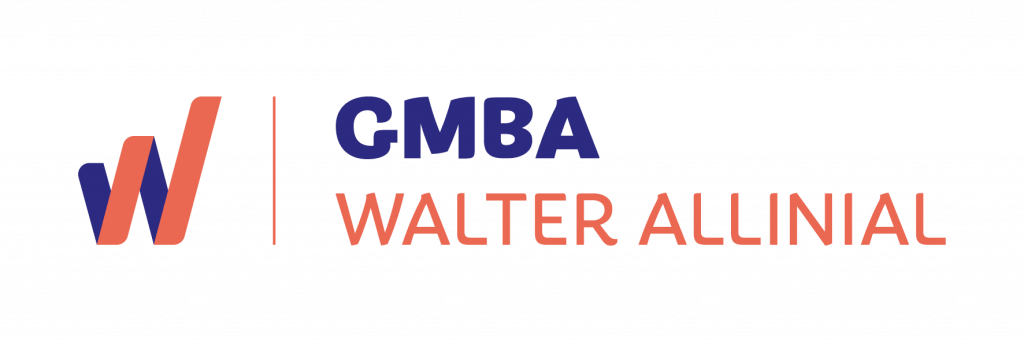TAX ALERT | VAT and e-commerce: what’s new for startups and SMEs?
Points de vue d’expert | 14 décembre 2018
December 2018
The new rules, which will enter into force in France and all other EU Member States on January 1st, 2019 (art. 259 D of the French Tax Code) should make things easier for online businesses, in particular startups and SMEs willing to access other EU markets. In this regard, B2C telecommunications services, radio and television broadcasting services and electronic services are currently taxable in the Member State where the client (consumer) is established. This means that companies selling B2C e-services throughout the EU should in principle register for VAT purposes, file VAT returns and pay VAT in every EU country where they operate.
In order to reduce compliance costs and administrative burden, EU regulations allow traders to opt for the so-called Mini One Stop Shop scheme (“MOSS”), which is an online web portal implemented to simplify VAT obligations. Under the MOSS, businesses can report and pay VAT due throughout all the EU countries where they trade in one single Member State, via one single electronic quarterly return. Member States then pay the VAT to each other directly. In other words, those businesses work with the tax authorities of their own Member State, in their own language, even though they sell cross-border.
Nevertheless, the MOSS scheme does not simplify one key aspect: online businesses selling services cross-border must have capacity to handle in their accounting system as many VAT rates as countries where their non-taxable clients are established. This is why, following requests from starts-ups and micro-businesses who had to manage in some cases 28 different VAT rates, starting from January 1st, 2019 and below a certain turnover, EU traders will be enabled to take care of their VAT as if they were selling at home. More specifically, as an exception to the taxation in the country where the consumer is established (see above), Council Directive (EU) 2017/2455 (which amends art. 58 of the VAT Directive) introduces a new threshold of €10.000 (VAT excluded) per calendar year under which B2C telecommunications services, broadcasting services and electronic services are taxable in the country where the EU provider is established.
This means that EU businesses selling B2C e-services throughout the EU will be allowed to keep using their domestic VAT rates provided their total cross-border sales in the EU does not exceed 10k€ during the current or preceding calendar year. According to the European Commission, setting the threshold at 10k€ will give a boost to approximately 430,000 businesses around the EU and give them better access to EU trade. This measure is meant to support micro-businesses trading in a great number of EU countries but generating a low EU yearly turnover. Under the new rules, a French business selling e-services to private consumers in Spain, Italy, Germany, Belgium, Poland, and the Czech Republic, without exceeding the 10k€ annual threshold in total in the EU, would still be allowed to apply French VAT and would be relieved from VAT obligations in those Member States.
As an alternative, EU businesses which do not wish to monitor the 10K€ threshold can opt for the place of taxation in the country where the consumers are established. Based on that option, all the relevant supplies of services would be taxable where the consumer is established, irrespective of their amount.
Other key measures will enter into force in 2021. The Mini One Stop Shop (MOSS) will be renamed as “One Stop Shop” (OSS) as its scope will be widely extended. In particular:
- The OSS will cover not only telecom, broadcasting and electronic services but also all the other B2C services.
- The OSS will be extended to distance selling schemes, allowing traders selling goods online to report VAT at home, instead of registering for VAT and paying VAT in all the countries where they exceed the applicable threshold.
- The OSS will also cover distance sales of low value imported goods.
Laurent Dommergues
Tax Director
Alain Boudot
Partner
